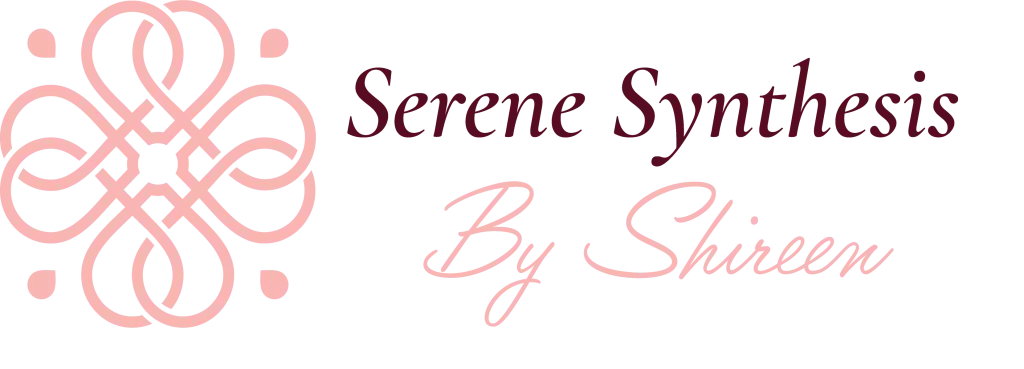Walk into any sales office in Dubai, Mumbai, or Singapore and you’ll likely find the same scene playing out. A client hesitates on a price. The sales agent fidgets, feels the silence stretch, and then — almost on autopilot — blurts: “Okay, we can give you 10% off.”
The deal closes. The manager celebrates. And yet, a quiet cost accumulates. Trust is weakened. The brand is devalued. And the sales team learns one dangerous lesson: When in doubt, discount.
For years, many sales training programs across Asia and the Middle East have fueled this reflex by teaching tactics built around the psychology of scarcity. “Make it urgent.” “Remind them stock is limited.” “Push the deadline.” In the short-term, it works. But in long-term, relationship-driven markets, scarcity tactics don’t just fail — they corrode growth.
The Psychology of Scarcity
The “scarcity effect” is one of the most studied principles of persuasion. When something feels limited, the brain interprets it as more valuable. Neuroscience shows that scarcity activates both the amygdala (fear center) and the dopamine system (reward center), creating urgency and emotional pressure.
Marketers have leveraged this for decades: “Only 2 rooms left at this price,” “Sale ends in 4 hours.” In fast-moving e-commerce or low-ticket products, scarcity drives quick conversion.
But in high-value B2B industries — business setup services, consulting, real estate, corporate training — clients are not buying on urgency alone. They are buying on trust, credibility, and long-term value. Scarcity tactics create the opposite effect: they signal insecurity.
And here lies the paradox:
The more salespeople rely on scarcity language,
The more they erode the very trust that sustains repeat business.
Why Fear-Based Sales Training Persists
If leaders know this, why do they still push fear-driven training? Three reasons:
Short-term wins look good on paper. A discounted deal today feels like progress. But metrics rarely capture the long-tail cost: client churn, lower referrals, brand dilution.
Fear is contagious. When leaders feel uncertain about market conditions (economic volatility, rising competition), that anxiety filters down into sales training: “Do whatever it takes to close.”
Outdated scripts still dominate. Many sales manuals imported into UAE/Asia markets are modeled on Western “boiler room” tactics from the 90s. They’re misaligned with relationship-centric cultures where credibility compounds over years.
The result? Teams that survive on scarcity tricks instead of building trust capital.
Scarcity vs. Value: A Case for Reframing
Let’s imagine two sales conversations with the same client:
Fear-based approach:
“This offer is only valid if you sign today. I don’t know if I can hold this price for you.”
→ The client feels cornered. Even if they buy, they leave doubting whether they were manipulated.
Value-based approach:
“Here’s why this price reflects the value we’ll deliver. I want you to take your time — because our partnership will be long-term, not just this transaction.”
→ The client feels respected, safe, and more likely to return or refer.
The second approach doesn’t trigger urgency — it triggers trust. And in markets like the UAE or Asia, where reputation spreads quickly and repeat business is king, trust is the ultimate competitive advantage.
Research Insight: Trust Outlasts Discounts
Deloitte’s Human Capital Trends reports highlight trust as the currency of modern business — companies that prioritize it outperform peers in loyalty and retention.
Gallup’s State of the Global Workplace research shows that while pay matters, the deeper driver of loyalty is confidence in the relationship — employees and clients stay when they feel respected and aligned with purpose.
Both findings confirm what many sales leaders overlook: discounts create transactions; trust creates growth.
Practical Takeaways for Leaders
So, how do organizations retrain sales teams away from scarcity reflexes?
Redefine success metrics. Don’t just measure conversion speed. Track referrals, repeat clients, and lifetime value. Reward patience and credibility, not just quick wins.
Train for curiosity, not urgency. Replace “closing tactics” with open-ended questions:
“What would make this solution valuable long-term for your business?”
“What risks do you see if you wait — and how can we address them together?”
De-link identity from discounts. Sales reps often tie their sense of competence to “winning the deal.” Leaders need to reframe success as “holding value” rather than “dropping price.”
Shift scripts from scarcity to anchoring. Instead of “Only valid today,” teach:
“This package is designed around outcomes that save you money over time.”
“Our clients stay because they see a year-on-year return, not just entry price.”
Coach emotional regulation. A salesperson’s panic is contagious. Teaching micro-pauses, breath resets, and confidence framing helps reps stay calm when a client resists. Calm energy builds trust.
The Coaching Perspective
Working with sales teams across the UAE, I’ve seen a repeated emotional loop:
Client hesitates.
Sales rep feels fear.
Fear pushes them into discounts.
The discount signals weakness.
Trust weakens, creating more future hesitation.
It’s a self-reinforcing cycle.
Coaching breaks the loop by addressing three layers:
Emotional Intelligence: Training reps to pause, regulate, and project calm under pressure.
Identity Shift: Helping them see themselves as advisors, not desperate sellers.
Language Mastery: Replacing fear-driven scripts with trust-building narratives.
When salespeople internalize these shifts, something powerful happens:
Discounts stop being the first tool.
Conversations become partnerships.
Clients stop asking, “What’s the lowest you can do?” and start asking, “How can we grow together?”
Beyond Scarcity: Building Compounding Growth
In markets like the UAE and Asia, where reputation can make or break a business in months, scarcity-based selling is not just outdated — it’s dangerous.
The companies that win the next decade won’t be those who slash prices fastest. They’ll be the ones who train sales teams to sell with confidence, clarity, and care.
Scarcity creates a client today.
Trust creates a client for life.
At Serene Synthesis, we help organizations in the UAE rewire sales training — moving teams away from fear-driven habits toward empathy-led, value-driven conversations that build long-term growth.
If your team relies too heavily on discounts, it may be time for a different kind of sales coaching.


